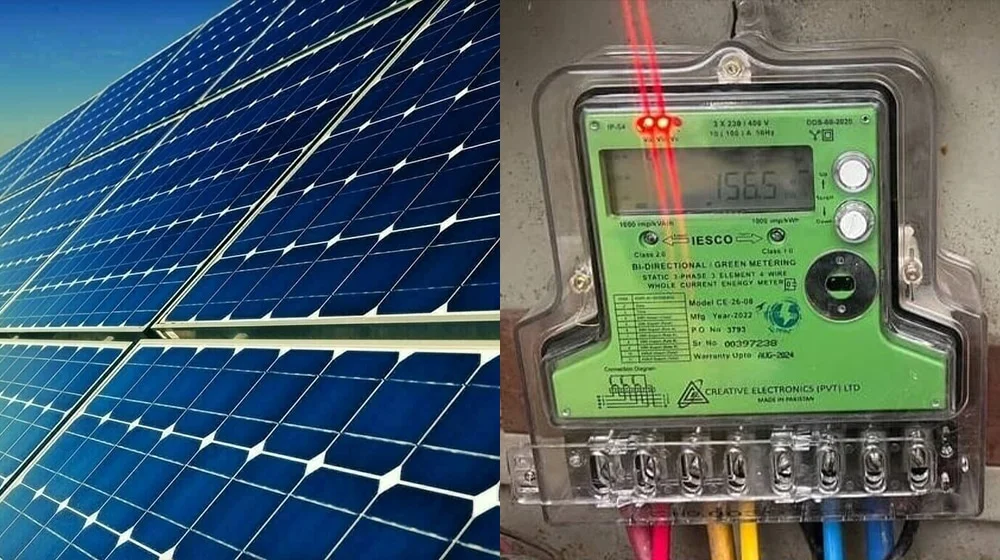The government of Pakistan is currently buying solar power at a very high price, a key reason why many people now prefer installing their own panels instead of relying on the grid.
Advisor to the Prime Minister on Privatization Muhammad Ali has warned that unless the solar policy is revised, this shift away from the grid will only grow, putting more strain on an already debt-ridden power sector.
According to a Bloomberg report, Pakistan’s energy system is under pressure from two sides: growing circular debt and a rapid rooftop solar boom.
With high electricity bills and frequent blackouts, families and businesses are turning to solar as a cheaper and more reliable option. But this reduces demand from the national grid and makes it harder for the government to pay back energy creditors, including China.
To tackle the problem, policymakers have proposed unpopular reforms. These include new taxes on solar panel imports and plans to lower the rate households earn for selling surplus solar power back to the grid. Prime Minister Shehbaz Sharif, however, has stalled that move after strong opposition.
Meanwhile, solar and battery imports from China continue to surge. Estimates say Pakistan now has about 25 gigawatts of solar panels installed without government support, nearly half of the grid’s total 50-gigawatt capacity.
Battery imports reached 1.25 gigawatt-hours this year and could rise sevenfold by 2030, creating new challenges for grid stability.
Analysts believe that despite government restrictions, Pakistan’s solar boom is unlikely to slow down. As prices keep falling, more middle-class and even rural households can afford to install panels.
Read More: Big Changes in Solar Net Metering – Here’s What You Need to Know!
Experts warn, however, that without policy reforms to balance private solar growth with grid needs, the country’s energy crisis could deepen further.









